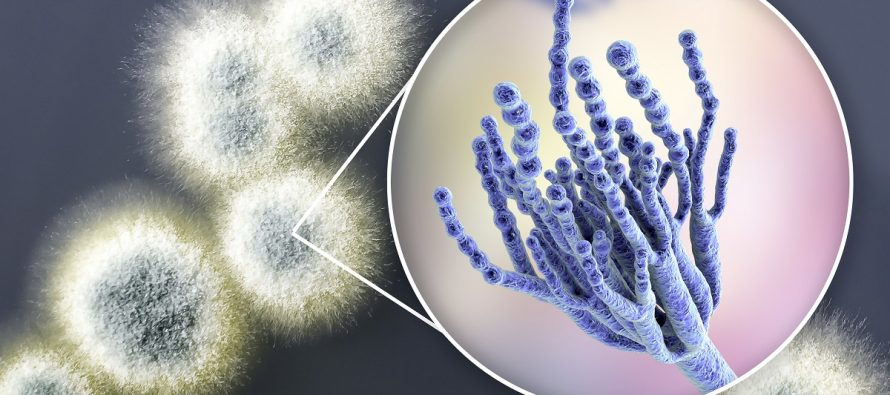 Misconceptions About Mold – More Common Than You Think
Misconceptions About Mold – More Common Than You Think
It’s easy to find a lot of mold misinformation online, just like it’s simple to find a lot of other things on the internet. It doesn’t take much digging to come across a slew of contradicting mold claims, leaving you even more perplexed than when you started. Home and property owners in the South Jersey area who are misled by misleading mold information on the internet may end up with a home that is in worse shape than it was before. We will examine some common misconceptions about mold and help debunk them with the facts in order to better enlighten local homes about mold.
Common Misconceptions About Mold
Here at Mastertech, we have heard it all. We understand that with all the misinformation on the internet, it is difficult to determine truth from fiction. Let’s take a closer look at some of the most common misconceptions about mold.
- Mold should not be present in your home.
-
- We know what you’re thinking right now. Why wouldn’t you want to live in a mold-free environment? The reality is that low amounts of mold in the air are quite common in any household, regardless of how clean it is. That’s because mold is a naturally occurring organism that may be found both outside and inside our homes. Mold only becomes a problem when spores become overabundant in an indoor setting, with spore levels surpassing those seen outside.
- Mold can be removed using bleach.
- While some websites claim that bleach may remove mold, this is simply not the case. Bleach may be capable of cleaning just about everything, but mold is not one of them. Bleach is only good for cleaning the surface of things. It is unable to penetrate underneath the surface, where the majority of mold damage occurs. In fact, because mold thrives in damp environments, the water component of bleach may cause more harm than benefit. DIY mold cleanup is not advised in general. If you’re concerned about mold in your home, contact a professional mold inspection and cleanup firm in your area for assistance.
- All species of mold are toxic.
- Mold is all around us, as previously indicated. Some mold species are essential to our ecosystems and other facets of life. That said, all mold, like everything else, has the potential to be hazardous to someone who is allergic to a specific mold strain. Everyone’s immune systems are unique, thus everyone will react differently. While one individual may not be sensitive at all, another may be able to avoid more severe symptoms and sensitivities.
- When you hear the term “toxic mold,” it refers to the mycotoxins that some mold species create and release into the air. Excessive exposure to various mycotoxins can produce a range of allergic responses in different people, depending on their sensitivity.
- Mold can be killed using dehumidifiers.
- This is simply not true. Mold cannot be killed by dehumidifiers since that is not what they were supposed to achieve. However, by lowering moisture and humidity, a dehumidifier can prevent mold from forming in the first place. Dehumidifiers remove moisture from the air and filter it out, lowering humidity levels. Excess moisture in an indoor setting can encourage mold growth, which may quickly escalate into a much greater problem. Moisture management is the greatest approach to avoid mold at its source, and dehumidifiers may help a lot. In any room of your house, the optimal humidity level is between 35 and 50 percent. If you have mold in your house that you think is caused by too much humidity, a dehumidifier will only assist you get rid of the moisture. The mold will still be there, and thorough treatment will be required to completely eliminate the mold from your house.
Mold Awareness Is Crucial
Understanding these common mold myths, as well as their real equivalents, will aid you in preventing or appropriately dealing with any mold concerns you may have in your home. Mold education is a fantastic method to keep it from becoming a greater problem in the future. If you ever discover mold in your South Jersey home, don’t hesitate to get help from a local mold remediation company in your South Jersey area.


